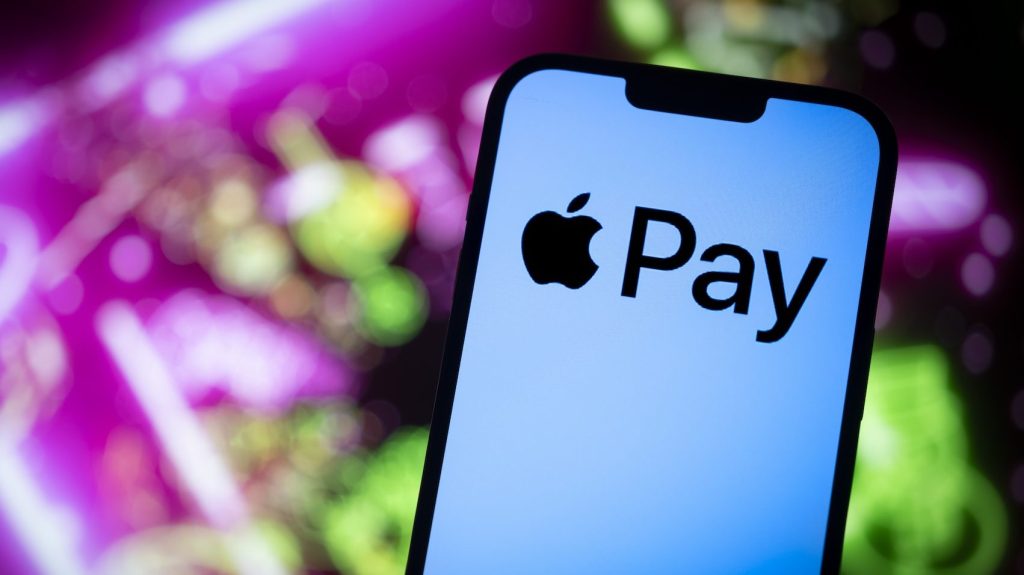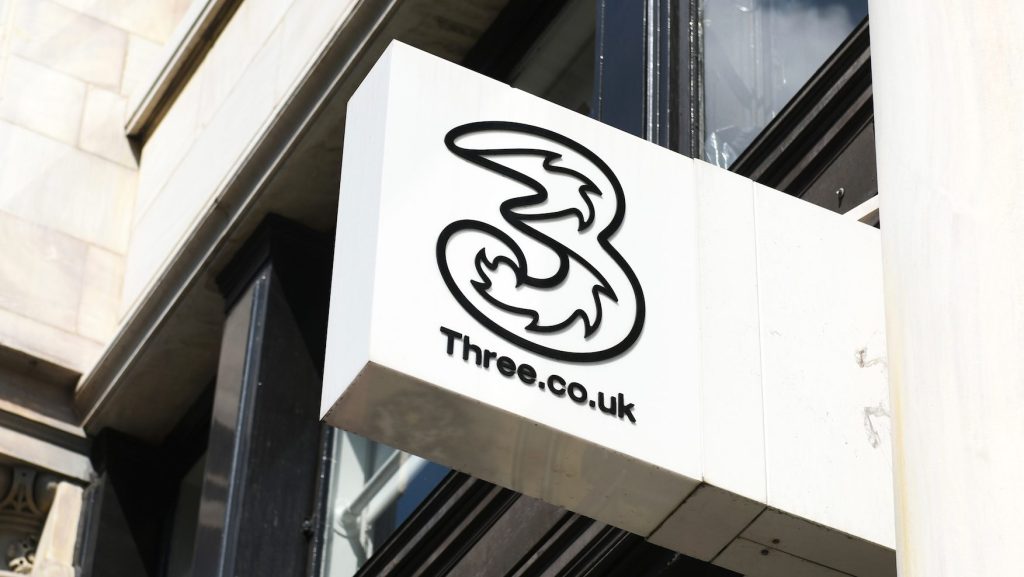
The European Union has accepted commitments from Apple over how it operates Apple Pay to settle a long-running competition investigation. Commission EVP Margrethe Vestager, who heads up the EU’s competition division, announced the development in a press conference Thursday.
Apple has until July 25 to implement changes that will allow developers of rival mobile wallets to offer contactless payment by the predominant technology used in the EU (NFC) — enabling them to offer their users “tap and go” payments, she said. They will also be able to access key iOS features, such as double click to launch their apps as well as Face ID, Touch ID and passcodes for authentication.
Apple will also let users set a third-party wallet app as their default, rather than its own Apple Wallet.
The bloc’s competition division opened a formal investigation of Apple Pay, Apple’s mobile payment and mobile wallet technology, back in June 2020, following a number of complaints. Initially the probe was scoped to look at Apple Pay as a whole. Later the case narrowed to focus on the use of Apple’s technology for contactless payments.
Reporting preliminary findings two years later in May 2022, the EU’s Commission said it had found Apple abused a dominant position to block competitors from providing NFC-enabled contactless payments on the iPhone — meaning they were unable to develop rival mobile wallets and compete fairly with Apple Pay.
The EU took specific issue with Apple restricting the ability of rivals to build wallet apps that can wirelessly communicate with NFC payments terminals, as Apple Pay can. It suspected the restriction of enabling Apple’s contactless payment tech to gain market share unfairly. And the EU said it wanted Apple to provide full access to NFC to allow competitors to develop alternative wallets.
Apple was invited to respond to the EU’s May 2022 Statement of Objections. The next major development came in January 2024 when it offered to make changes aimed at settling the case. Its proposal offered to let third parties developing mobile wallet and payment services gain fuller access to NFC functionality on iOS devices, free of charge, via a set of APIs without having to use Apple’s payment or wallet tech.
The offer would still bar rivals from accessing a special chip on Apple devices called the secure element, which it uses to enhance the security of transactions made using Apple Pay. But Apple said it would provide “equivalent access” to NFC components through a mechanism called “Host Card Emulation (‘HCE’) mode”. It said this would let third-party wallets store payment credentials and complete transactions using NFC securely, without accessing the secure element.
Other commitments Apple offered at the time included pledges to provide third parties with additional features and functionality, such as defaulting of preferred payment apps and access to authentication features like Face ID, its biometric authentication tech. It also promised to apply FRAND (Fair, Reasonable and Non-Discriminatory) terms when deciding whether to grant access to NFC.
Stronger commitments
Vestager said Thursday the Commission has accepted Apple’s offer after pressing for some improvements.
“By excluding competitors from the market, it may have had a negative impact on innovation. This reduction in choice and innovation is harmful. It’s harmful to consumers and is illegal under EU competition rules. To address these concerns, Apple offered a set of commitments earlier this year,” she said.
“Over the last month, we tested a package, we got feedback on whether the remedies could work, if they could address our concerns. The issue raised a lot of interest. Many banks, app developers, card issuers, financial associations gave us their feedback. We looked very carefully at those comments, and we asked Apple to improve their commitments. Then Apple offered improved remedies, and here we are today, making those remedies binding on Apple.”
Details of exactly how Apple’s enhanced its January offer following industry feedback are set out in the Commission’s press release — but they include committing to:
Removing the requirement for developers to have a licence as a Payment Service Provider (PSP) or a binding agreement with a PSP to access the NFC input;Evolving the HCE architecture to comply with evolving industry standards used by Apple Pay;And shortening deadlines for resolving any disputes, among others.
Since the EU opened the Apple Pay antitrust case the bloc has passed an update to its competition rulebook which is intended to boost the contestibility of digital markets by applying upfront obligations on a number of major platforms, including Apple’s iOS, so that tech giants cannot block competitors from accessing key infrastructure they operate. EU lawmakers want the Digital Markets Act (DMA) to speed up the process of resetting digital dominance and restoring competition to tipped markets.
Shortly after the EU announced it was consulting with industry stakeholders on Apple’s Apple Pay offer, the company suggested the changes it had proposed also comply with DMA requirements.
Vestager said Apple’s commitments on Apple Pay that the EU has accepted go further than what’s required by the DMA. “For instance, they include monitoring and dispute resolution resolution mechanisms,” she noted, adding: “This shows that antitrust enforcement goes hand in hand with the DMA.”
“From now on, Apple can no longer use its control or the iPhone ecosystem to keep mobile wallets out of the market. Competing wallet developers as well as consumers will benefit from these changes, opening up innovation and choice while, of course, keeping payments secure.”
The commitments are binding on Apple for 10 years. Failure to abide by them could be met with stiff penalties.
“Today’s decision makes the commitments offered by Apple legally binding. If Apple does not honour such commitments, the Commission may impose a fine of up to 10% of its total annual turnover, without having to find an infringement of EU antitrust rules, or a periodic penalty payment of 5% per day of its daily turnover for every day of non-compliance,” an EU spokesperson told us.
Reached for comment, an Apple spokesperson sent this statement: “Apple is providing developers in the European Economic Area with an option to enable NFC contactless payments and contactless transactions for car keys, closed loop transit, corporate badges, home keys, hotel keys, merchant loyalty/rewards, and event tickets from within their iOS apps using Host Card Emulation based APIs. Apple Pay and Apple Wallet will continue to be available in the EEA for users and developers, and will continue to provide an easy, secure and private way to pay, as well as present passes seamlessly from Apple Wallet.”
This report was updated with comment from the Commission
Apple offers EU set of pledges aimed at settling Apple Pay antitrust probe



